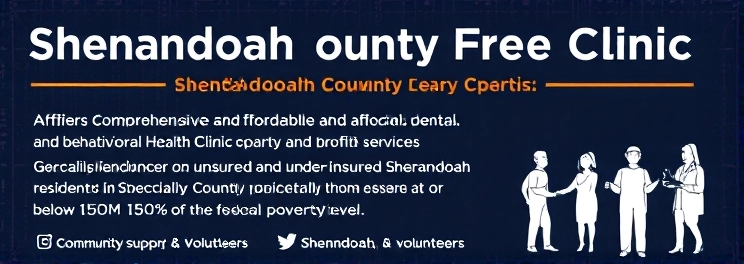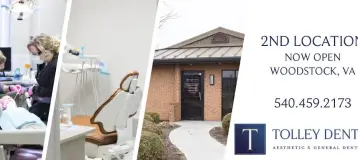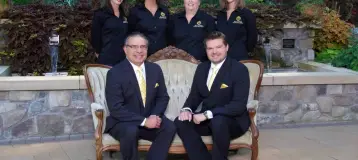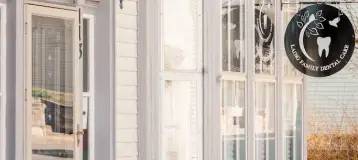Detailed Introduction
The Shenandoah County Free Clinic, officially operating as Shenandoah Community Health Clinic, is a vital non-profit healthcare provider located in Woodstock, Virginia. Established by the community for the community, its primary mission is to bridge gaps in healthcare access by offering a wide variety of essential medical, dental, and behavioral health services to residents of Shenandoah County who are uninsured or under-insured, with a particular focus on individuals and families at or below 150% of the federal poverty level.
The clinic was founded in 2002 in response to the recognized need for accessible healthcare services in the area. Initially, it was primarily staffed by volunteer doctors, nurses, and clerical workers. Over time, as Shenandoah County was declared underserved for medical, dental, and mental health services, the clinic grew, transitioning to include full-time paid staff who work alongside dedicated volunteers and a community-representative board of directors.
Shenandoah Community Health Clinic offers a comprehensive range of services, including family medical care (from annual check-ups to chronic disease management), behavioral/mental health and counseling services (addressing issues like past traumas, current problems, and conditions like depression), and family dentistry (from cleanings and fillings to root canals and extractions). A key aspect of their support includes assisting patients in acquiring free or low-cost medications, which significantly helps in managing healthcare costs.
The clinic operates on a sliding scale fee system for eligible patients who cannot afford co-pays or lack insurance, and they accept most insurance plans, including Medicaid/FAMIS. They are deeply integrated into the community, even expanding to satellite clinics in public schools and sending professional counselors to all public schools in the county, demonstrating their commitment to proactive healthcare access. The organization relies on financial support from the community, grants, and donated services, allowing them to provide life-saving care to those who otherwise couldn't afford it. They also assist patients in locating other essential resources like food, housing, and transportation.




